
Oli’s Accident-Prone Diplomacy: An Analysis of Nepal’s Strategic Missteps
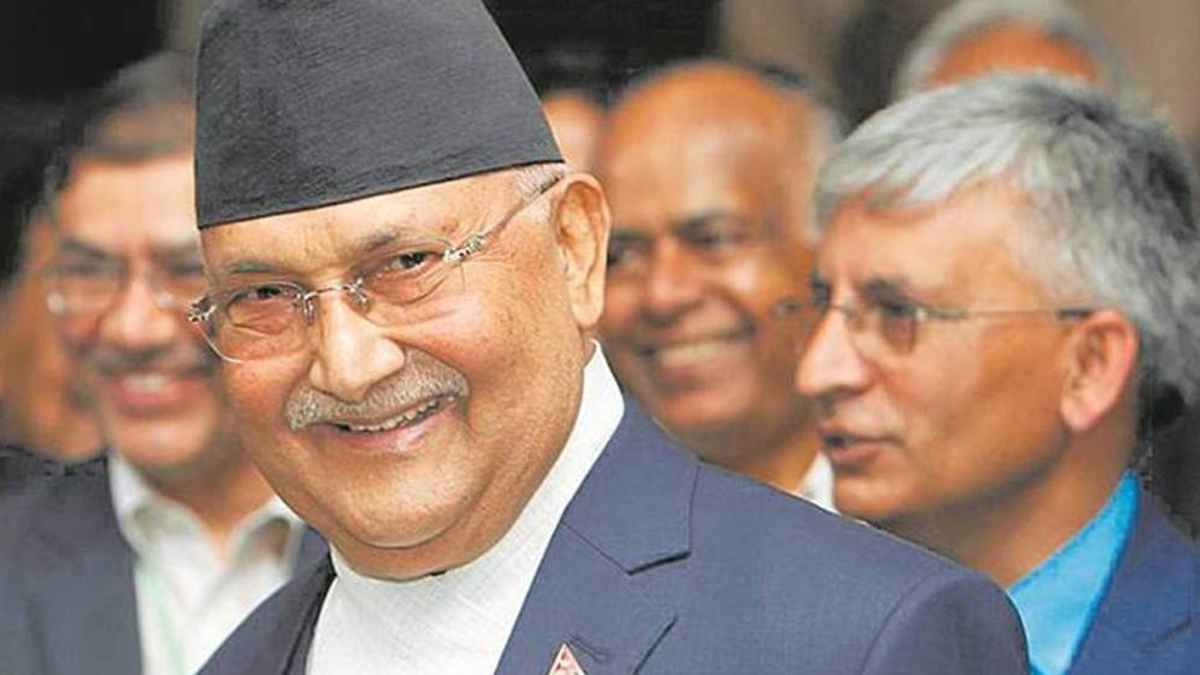
Nepal’s foreign policy under Prime Minister KP Sharma Oli has often been criticized for its lack of foresight, inconsistent decision-making, and prioritization of short-term political gains over long-term national interests. His recent diplomatic overtures, particularly towards China, highlight a pattern of moves that have sparked domestic and international controversy. These actions, rather than bolstering Nepal’s strategic standing, appear to undermine its balanced foreign policy tradition.
Panchen Lama’s Controversial Visit
The anticipated visit of Gyaltsen Norbu, the Chinese-designated Panchen Lama, has reignited debates surrounding Nepal’s religious diplomacy and sovereignty. As a figure pivotal to China’s control over Tibetan affairs, Norbu’s presence places Nepal in a politically sensitive position. This moves risks straining Nepal’s relations with India and Western democracies, both of which view China’s attempt to influence Buddhist world with suspicion. Furthermore, it challenges Nepal’s longstanding reputation as a neutral player in regional geopolitics, potentially portraying the nation as a subordinate in China’s strategic agenda.
Adding to the complexity, diplomatic efforts to block Norbu’s visit have raised questions about who is advocating for his entry into Nepal and for what purpose.
At the heart of this issue lies the broader struggle over Tibetan Buddhist leadership. The Dalai Lama, revered globally and now 89 years old, asserts his authority over the process of reincarnation—a claim central to Tibetan spiritual traditions. Meanwhile, the Chinese Communist Party (CCP) has positioned Gyaltsen Norbu, whom it appointed as Panchen Lama, as a rival figure and potential successor to the Dalai Lama. Critics, including the United States and other nations, accuse China of undermining Tibetan spiritual autonomy by promoting Norbu as part of its broader strategy to control Tibet’s religious and political future.
Overemphasis on China at the Cost of India
Traditionally, Nepali prime ministers have prioritized visiting India first after assuming office, respecting the long-standing historical, cultural, and economic ties between the two nations. Oli broke with this precedent, choosing China as his first destination. This not only sends an antagonistic signal to India but also disrupts Nepal’s delicate balancing act between its two powerful neighbors. Nepal relies heavily on India for trade, energy, and open-border facilities, making such moves diplomatically unwise.
Border Protocol and Neglected Sovereignty Issues
It has been 35 years since Nepal signed a border protocol with China and 18 years since a joint border inspection was conducted. Meanwhile, allegations of Chinese incursions and occupation of Nepalese territories have been swept under the carpet. The lack of progress on this front, despite multiple visits and agreements, raises questions about the effectiveness of Oli’s diplomacy. Instead of pushing for actionable outcomes like clarity on Nepal’s northern border and advancing economic initiatives such as trade and transit through seven proposed checkpoints, Oli’s visit reiterated Nepal’s alignment with China’s core interests—Taiwan, Tibet, and Hong Kong—without securing reciprocal concessions.
MCC and Nepal’s Internal Divisions
Oli’s decision to present the Millennium Challenge Corporation (MCC) compact to parliament transformed an infrastructure-focused agreement into a polarizing political issue. This created unnecessary discord within Nepal’s political landscape and fueled speculation about foreign influence. The decision to ratify the compact as a treaty undermined its original purpose and added fuel to anti-American sentiment propagated by segments of Oli’s own coalition, further deepening national divisions.
Kalapani Map and India Relations
Oli’s decision to release a new political map of Nepal, which included Kalapani, Lipulekh, and Limpiyadhura, was a bold assertion of Nepal’s territorial claims. While it gained temporary domestic approval, it escalated tensions with India without establishing a concrete path to negotiation or resolution. The move, seen by critics as politically motivated, failed to secure international backing or even India’s engagement on the matter, leaving Nepal’s claims in limbo.
Empty Promises on Infrastructure and Trade
Oli’s repeated assurances of advancing trade and transit infrastructure with China have yielded little progress. The much-touted railway connection remains in the realm of “superficial study,” while no substantial advancements have been made in trade through the proposed checkpoints. This contrasts starkly with the economic pragmatism needed for Nepal’s development. Instead of diversifying trade partnerships or bolstering self-reliance, Oli’s policies have entrenched Nepal deeper into dependency on external powers.
Diplomatic Symbolism Over Substance
The language in Oli’s joint statement with China reiterates Nepal’s commitment to the “One-China Policy” and opposition to “Taiwan independence.” However, such reaffirmations, often one-sided, have little to show in terms of economic or strategic benefits for Nepal. The absence of meaningful deliverables, such as improved trade access, infrastructure development, or financial aid, exposes the hollowness of these diplomatic efforts.
Conclusion: The Need for Strategic Depth
Oli’s diplomacy appears reactive rather than strategic, driven by personal ego and immediate political expediency rather than long-term national interest. His government’s decisions have often led to symbolic gains at best while sidelining tangible issues like border management, trade facilitation, and infrastructure development.
To secure its sovereignty and development, Nepal must reclaim its non-aligned, pragmatic foreign policy tradition. While balancing China and India is undoubtedly challenging, prioritizing national interest over external pressures is the only way forward. Oli’s accident-prone and unbalanced diplomacy risks Nepal’s credibility on the global stage, and course correction is urgently needed.
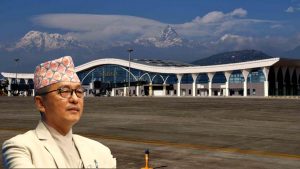
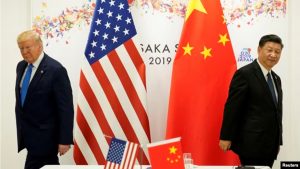

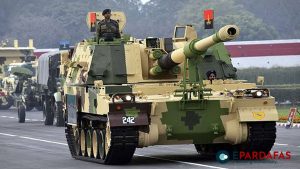




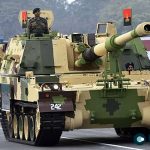



Comments